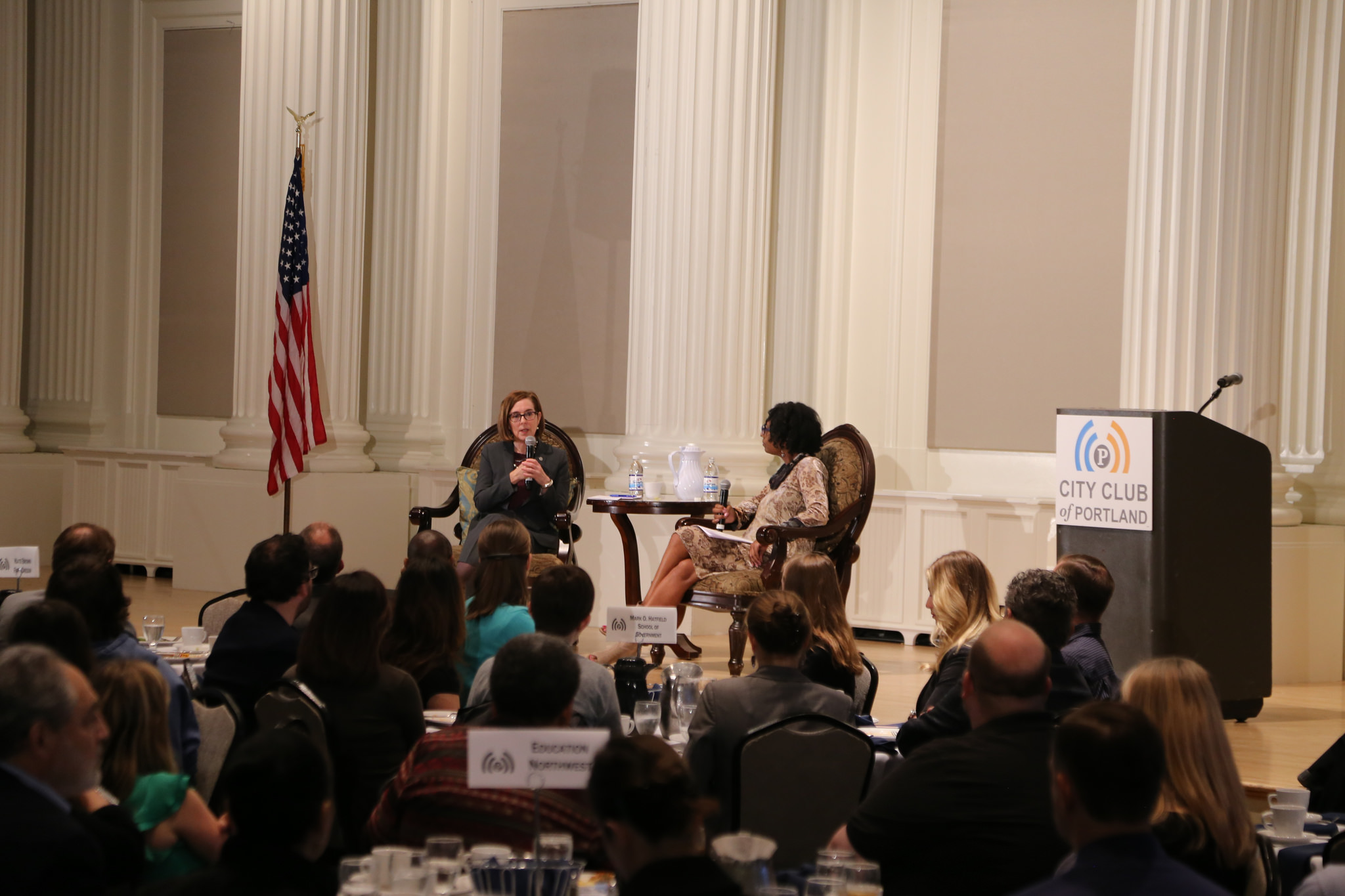Episcopalian minister for social justice
Earlier this month, the Episcopal Church admitted the Rev. V. Gene Robinson as its first openly gay bishop. The admission of Robinson has caused rifts within the Episcopal Church, with some members threatening to leave.
The Rev. Christopher Laing, the Lutheran and Episcopalian campus pastor, explained his understanding of the current situation.
“The church’s focus is on being reconciling,” he said. “My hope and belief is that we will move through this and be healthier, be prepared to deal with other important issues.”
He explained the history of the Episcopal Church, giving its character. “The Episcopal church broke away from the Church of England,” he said. “It has in its core an independent streak. But like all church bodies, they (the Episcopal Church) are inherently institutional and concerned with maintaining the institution.”
Laing went on to caution that in shaking the Episcopal Church’s institutions, care must be taken.
The Robinson conflict was not the first experienced by the Episcopal Church. “In 1976 the Episcopal church passed in its convention rules saying women could become ordained,” Laing said. “That situation reflects the present one, with similar divisions and threats to leave.”
Internationally, the Episcopal Church is a part of the Anglican Communion. Explaining what conflicts exist at that level, Laing said, “The story is whether or not there will be a sizable contingent of dieses who will no longer recognize the American Episcopal Church as part of their communion. This is an ongoing process at the moment. How it’s going to end is not clear, whether a lot or a few” refuse to recognize the American Episcopal Church.
During the conflict over whether or not women would be allowed to be ordained, “there were some folks who were angry and they got over it and there are some folks who are still angry, who are involved in the current conflict,” he said.
On campus, Laing has heard from a number of people about “how glad they are that the Episcopal Church has done this in a formal way.”
Explaining that this issue matters not only to people of faith, he said, “When others see that an institution will take a step in regards to issues many feel hurt around, it’s a sign of inclusion to make the body whole again for the church as well as society.”
Laing hopes now the Church will move on to address other issues, such as economic and social justice, “which have been involved in my ministries for 25 years.”
He has experienced what it feels like to be at the center of an intense conflict. During the Vietnam War, he refused to serve in the military. He went through a two-year court trial in the Federal District Court in Minneapolis. With the help of a Chaplin from the University of Minnesota, Laing was acquitted from the charges against him.
During the trial his daughter was born. After being at the center of a divisive national conflict, he said it “changed my direction in life.”
Throughout Laing’s ministries, he has involved himself with marginalized groups. “Issues that cross boundaries and meeting others have been very valuable for me personally, as a white guy,” he explained. Working with black, Native American, and blue-collar congregations, he said the “most exiting thing about ministry is them (people in the church) claiming their stake in the communities, what matters to them.”
In January, Laing will have been a campus minister at PSU for six years. During his time at PSU, he has continued working for social justice through his ministries and the Jubilee Network, a faith group that presses for dropping Third World debt.
Laing helped hold a memorial at the campus ministries house when Mathew Shepard was killed for being gay. He said the intent of the memorial was to “give room for people to express themselves, their sadness and fear.”
Laing is among those who support Robinson’s admission as a bishop. “I don’t buy the idea that people choose to be gay. … For people to be discriminated for something they have no control over, that’s not my theology.”
He added, “My theology grows out of how biblically God loves and forgives, that that is how people who profess their belief in God live that out. … My belief is that they can live that out.”



